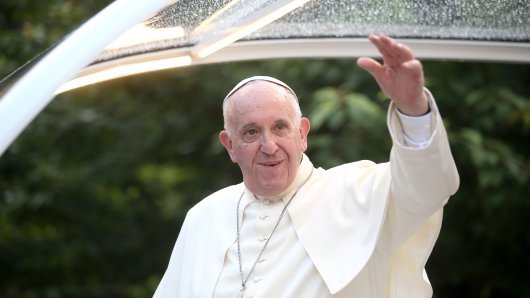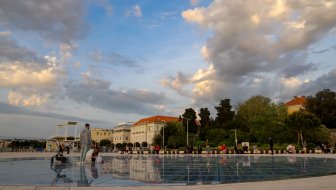Having met the toughest criteria and completed the longest negotiations to date, a total of 2,827 days of highs and lows, blockades and their removal, frequent frustrations and somewhat fewer moments of satisfaction, Croatia fulfilled in the first minute of July 1 its decades-long aspiration and achieved its main strategic goal, becoming the 28th member of the European Union.
Croatia officially applied for membership in Athens in February 2003 and was given candidate status in June 2004. In December 2004, the European Council adopted a decision to launch accession negotiations with Croatia on 17 March 2005, provided Croatia achieved full cooperation with the Hague war crimes tribunal (ICTY).
But on 16 March 2005, the start of the negotiations was delayed, without a new date being set, because Croatia was not fully cooperating with the tribunal. However, the efforts of the then state leadership, the adoption of an action plan to handle the issue of army general Ante Gotovina, and continuous talks with the tribunal's then chief prosecutor Carla Del Ponte bore fruit and in the early hours of 4 October 2005, the Croatia-EU negotiations were officially opened.
But that was the easy part. A thorny road lay ahead which Croatia nonetheless crossed, not without scratches, meeting all the requirements.
For the first time, benchmarks were imposed for opening and closing the negotiation chapters. The entire legislation had to be aligned with the acquis, which Croatia did, although for the first time the 31 acquis chapters were divided into 35.
And Croatia did all that successfully, albeit painstakingly, for the deserved reward - full membership of the EU.
The time of accession may not be ideal, Europe is in the grips of a tough and Croatia in the grips of an even worse crisis. Many difficulties lay ahead, but only a rare few in the Croatian establishment believe that it is better outside than inside the EU.
Croatia is joining as a small country, but there are smaller ones. It is not the wealthiest member, but there are poorer ones. Many in Europe are sceptical about Croatia's economy, but it is better than in some older member countries. Or as Croatia's prime minister said: "Croatia is not a rose garden, but nobody will have to bail it out." Unemployment is high in Croatia, but in Greece and Spain it is higher.
Everyone agrees that Croatia has beautiful land and plenty of potential. Now that it has finally returned to where it has always belonged, as European officials have been saying in their congratulation messages, it "only" has to use the potential as well as possible to make further progress in economic and social development.




































